North Carolina is one of the fastest-growing states in America. With this rapid growth comes increased demand for development, threatening the scenic lands, family farms, and waterways that make our state special. Once these natural resources are lost, they’re gone forever.
Three Rivers Land Trust is committed to permanently conserving these critical landscapes. Since 1995, we have protected over 50,000 acres of scenic lands, family farms, vital wildlife habitats, and hundreds of miles of rivers and streams in North Carolina’s central Piedmont and Sandhills region. By conserving these lands, we ensure clean water, thriving wildlife, vibrant farmland, and recreational opportunities for generations to come.
Your support is essential—every contribution directly fuels our local conservation efforts, leveraging additional resources to protect North Carolina’s natural legacy.
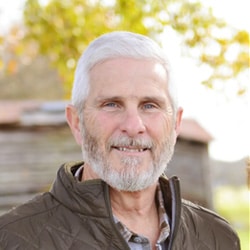
President – Davie County
Retired CEO, Carolina Farm Credit
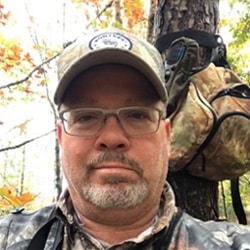
Vice President – Cabarrus County
Former U.S. Military
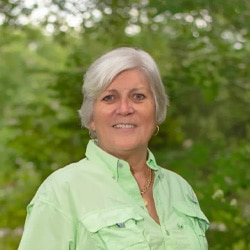
Secretary – Scotland County
Entrepreneur
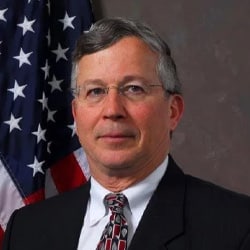
Retired, U.S. Army
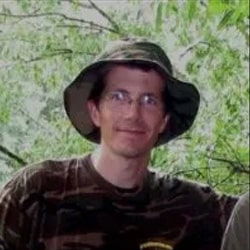
Professor in Wildlife Ecology at Campbell University
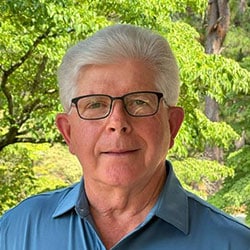
Retired, U.S. Army

Attorney

Farmer
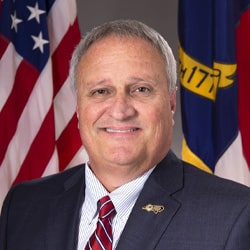
City Manager, Rockingham

Livingstone College Vice President of Public Safety, Chief of Police

Vice President, Smith Companies of Lexington
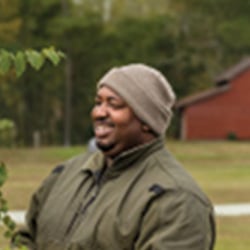
Farmer, Former U.S. Army
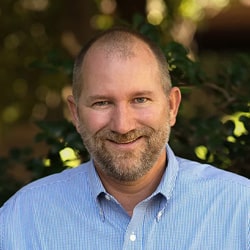
Owner, Hunter Construction Group

Business Owner
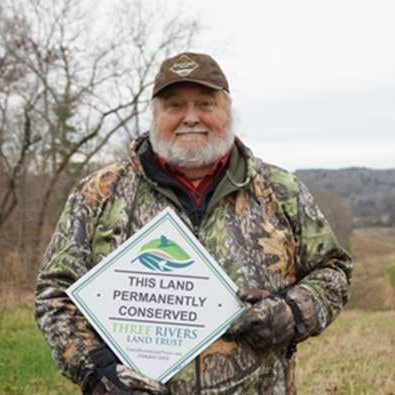
Retired Business Owner
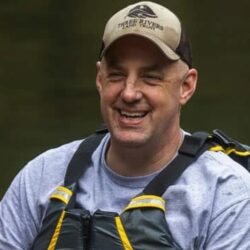


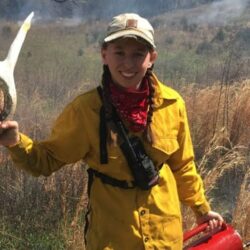
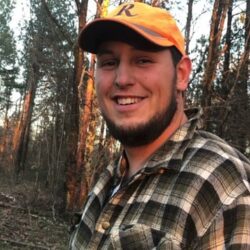
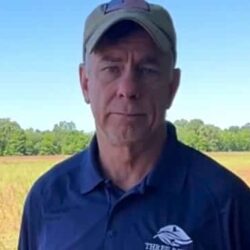
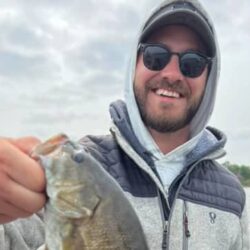

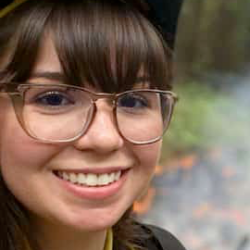
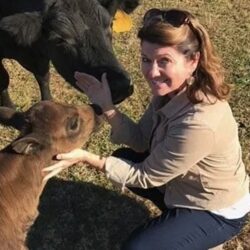
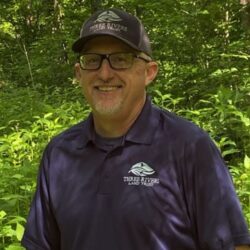
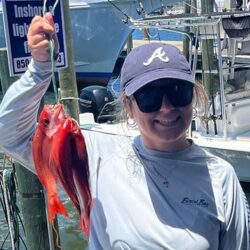

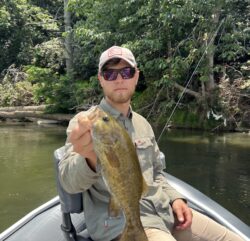
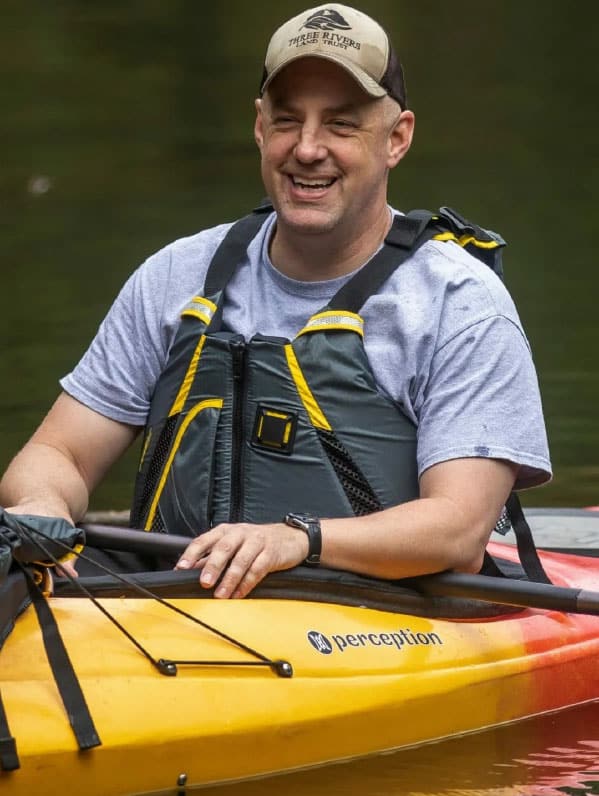

Travis was selected as the Executive Director position in February of 2016. Previously, he worked with the Catawba Lands Conservancy as the operations director of the Carolina Thread Trail project. Prior to that, he served in the military, including a combat deployment in Iraq, and worked as a senior and principal city planner for the town of Cary.
Travis grew up in Stanly County and attended high school in Albemarle. He has a degree in political science with a concentration in town, city, and county management from Appalachian State University. Travis is dedicated to the Uwharrie region and the heartland area of North Carolina. In his free time, he enjoys hunting, fishing, and spending time with his family.
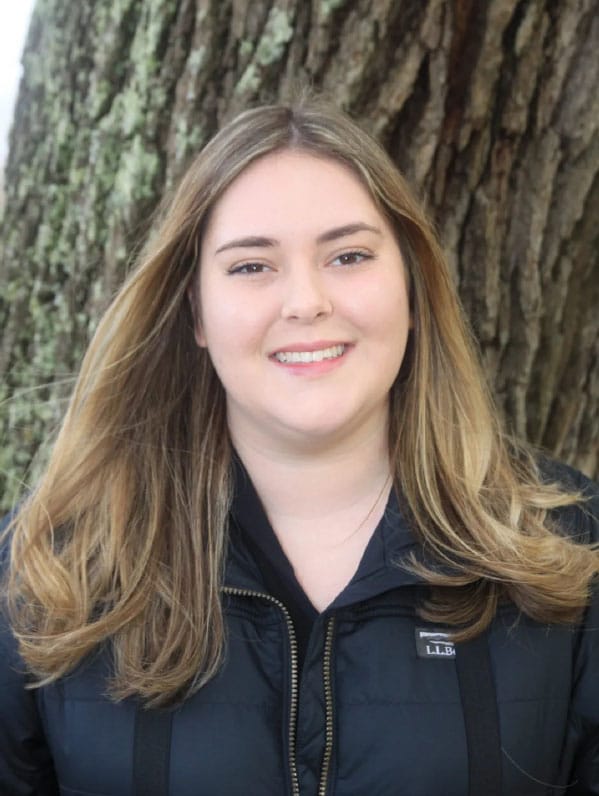

Emily began working for Three Rivers Land Trust in February 2021. She attended North Carolina State University where she graduated with a Bachelor of Science in Fisheries, Wildlife, and Conservation Biology in the spring of 2020. Emily graduated from Clemson University with a Masters degree in Wildlife and Fisheries Resource Management in December of 2023. She is also a Certified Associate Wildlife Biologist.
Before coming to the Land Trust, she worked on wildlife management projects for private companies and managed the hunting program on a wildlife refuge. As a Montgomery County native, Emily is passionate about conserving the natural lands she has been able to enjoy in the region. In her spare time, Emily is an avid birder and also enjoys hiking, paddling, and baking.
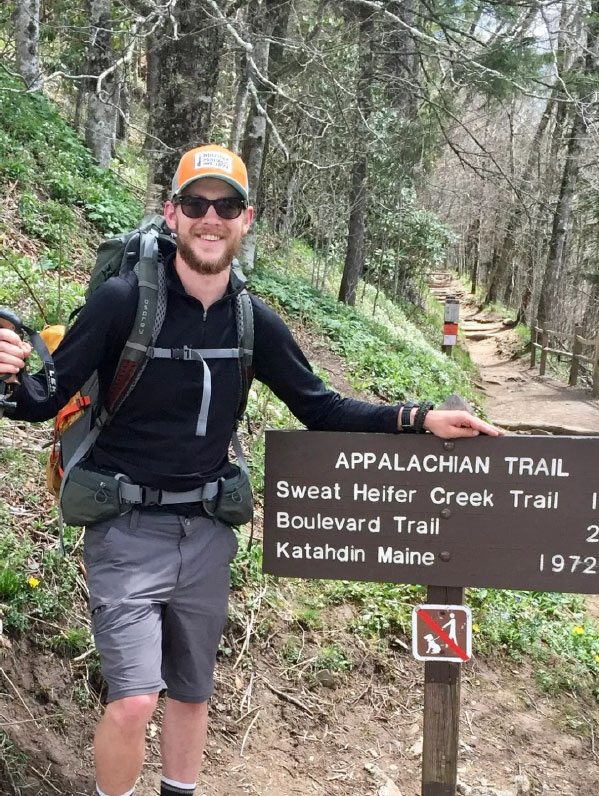

Kyle joined TRLT in June of 2023 as a Land Protection Specialist. He graduated from UNC Charlotte with a Bachelor of Science in Earth Sciences, and a minor in Geology. Kyle has worked in a variety of industries, including an environmental specialist, insurance underwriter, and most recently a craft brewer. With a passion for the natural world since childhood, Kyle enjoys all things outdoors, including backpacking, hiking, hunting, and live music.
Kyle’s conservation story began when he successfully completed a thru hike of the Appalachian Trail in 2016. This 5-month journey over 2,189 miles had such a tremendous impact on his life and demonstrated the importance of conserving wild spaces. As a native of Salisbury, there is no greater joy to him than being able to work to conserve local lands in the heart of North Carolina.
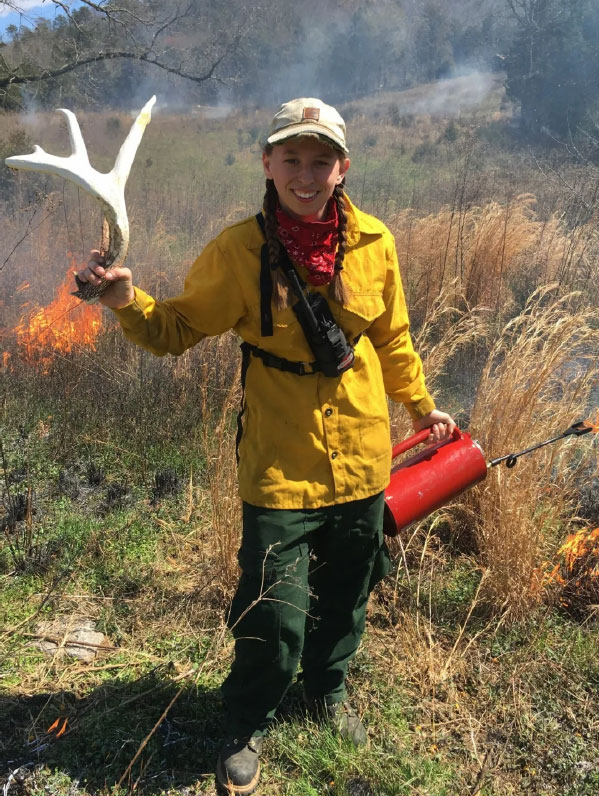

Katie began working with TRLT in November of 2021. She received her master’s degree in Wildlife Science from the University of Tennessee and a bachelor’s in Natural Resource Conservation and Management with a concentration in forestry from Western Carolina University. Katie has prior experience working for the N.C. Forest Service and the Tennessee Valley Authority, where she provided land management information and technical support to forest landowners and wildlife managers.
Katie’s interest and expertise is in prescribed fire, applied habitat management, sound forest management, and blending wildlife and forestry objectives. In her free time, Katie enjoys sharing the conservation ethic with others, especially kids, and promoting the wonderful natural resources that our state has to offer.
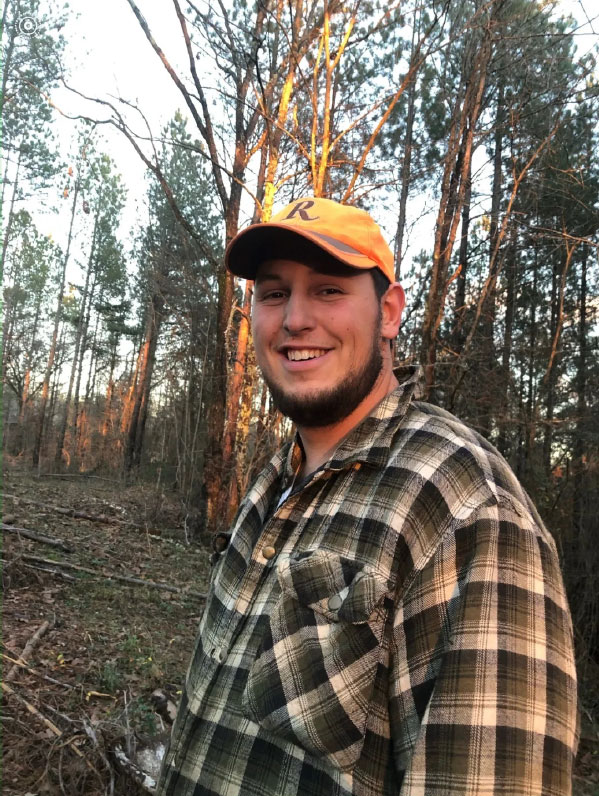

Matthew joined TRLT in August of 2022. His current role is the Stewardship Associate. In this role, Matthew makes annual contact with landowners that are enrolled in Three Rivers Conservation Easement Programs to make sure there are no easement violations. Matthew graduated from Gaston Early College High School in Dallas, North Carolina where he gained his associate of Arts and Associate of Science degrees. From there he received a Bachelor of Science in Fisheries and Wildlife Biology at North Carolina State University.
Matthew has extensive equipment operating experience along with an understanding of land management best practices that can give landowners insight into what they could potentially need to achieve their land management goals. In his free time, Matthew enjoys hunting, fishing, playing the guitar, and spending time with his family and dog named Gunner.
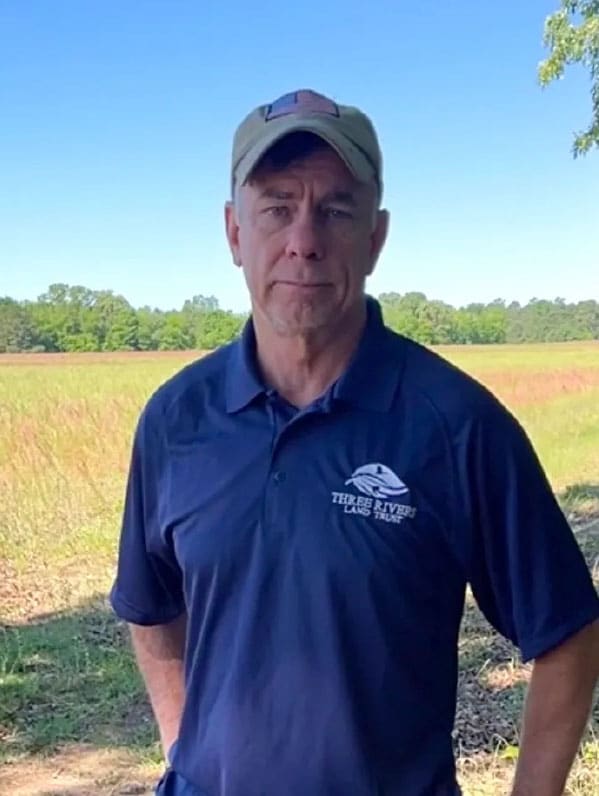

Barry began working as the Sandhills Conservation Coordinator for Three Rivers Land Trust in April 2023. He is an NC native who grew up in the woods and farmlands surrounding his home in rural Iredell County. He learned much about the outdoors through trial and error and Scouting.
After graduating from WCU, Barry served 11 years in the Active Army. After leaving, he worked for the Army in various capacities and remained in the National Guard until retirement. He has worked on land preservation in the area for 12 years. His wife Christine grew up on a small farm in western NC and still works for the US Army. They have three grown children, two boys both on active duty and a daughter pursuing her bachelor’s at UNCW.
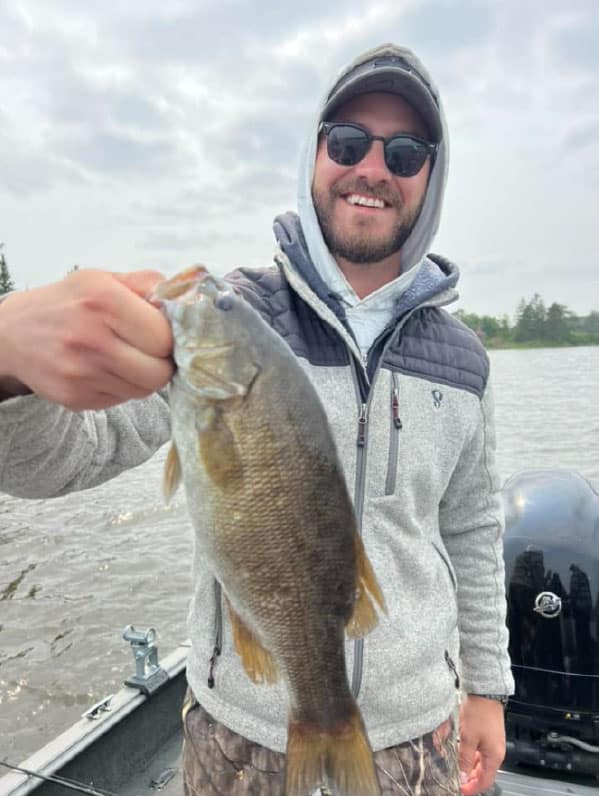

Michael joined TRLT in October of 2023 as a Development Associate. He graduated from UNC Charlotte with a bachelor’s degree in Communications. Born and raised in the dairy state of Wisconsin, Michael has called the Piedmont region of North Carolina home since 2008. He has spent the past three years working as a real estate agent servicing the greater Lake Norman area.
An avid hunter and fisherman, Michael enjoys spending his time in the outdoors and has a strong passion for conservation. Growing up working on a dairy farm, Michael understands the importance of family farms and the significance that the agricultural industry as a whole provides to the public. He is thrilled to be able to assist TRLT in their conservation efforts.


Pierce joined the TRLT team in February of 2024. Pierce is a multidisciplinary designer, writer, art director and filmmaker who loves collaboration and pushing ideas as far as they can go. Pierce has worked in both agency and in-house environments and has extensive experience in the food and textile industries. In his free time, Pierce loves film, physical fitness, and outdoor adventures.
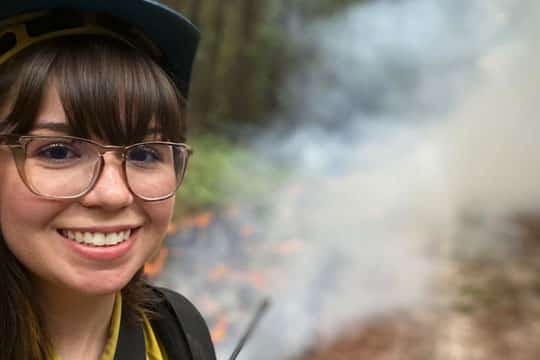

Jessie Wilson joined TRLT in August of 2024 as a Stewardship Associate. She graduated from UNCW with a Master’s in Environmental Studies, with a concentration in Conservation and Management. Jessie received her Bachelor’s in Environmental Science and a minor in Geology from Appalachian State University.
A Montgomery County native, Jessie grew up spending her weekends on horseback in the Uwharrie National Forest and “helping” her grandpa drive his boat on Lake Tillery. She is passionate about protecting the beautiful land in the Piedmont region that her family has called home for generations. Today, most weekends still find her in the woods, either riding her horse or hiking with her dog.
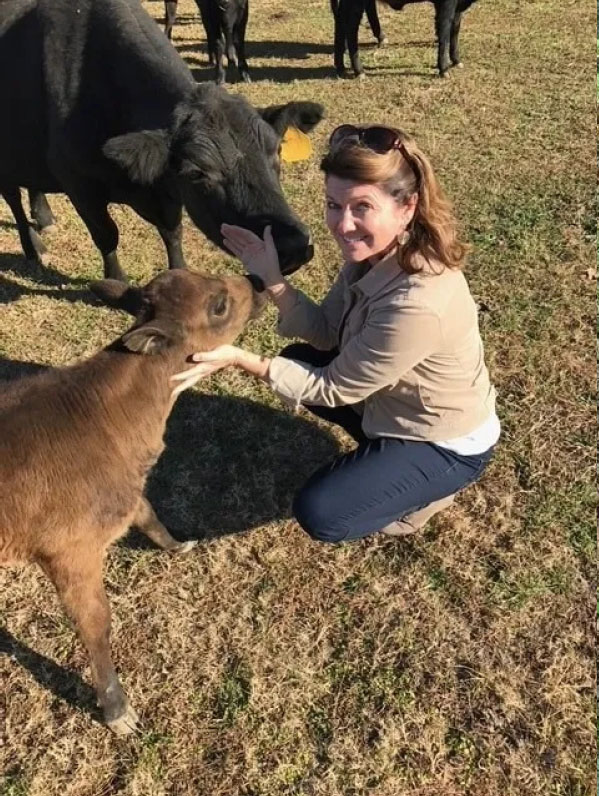

Tonya holds a bachelor’s degree in business management and leadership from Pfeiffer University. She has over nineteen years of experience in fundraising and event management within the nonprofit sector. Passionate about serving her community, Tonya actively volunteers and serves on various community boards. Beyond her professional commitments, she finds joy in gardening, particularly planting flowers, and spending quality time with her family.
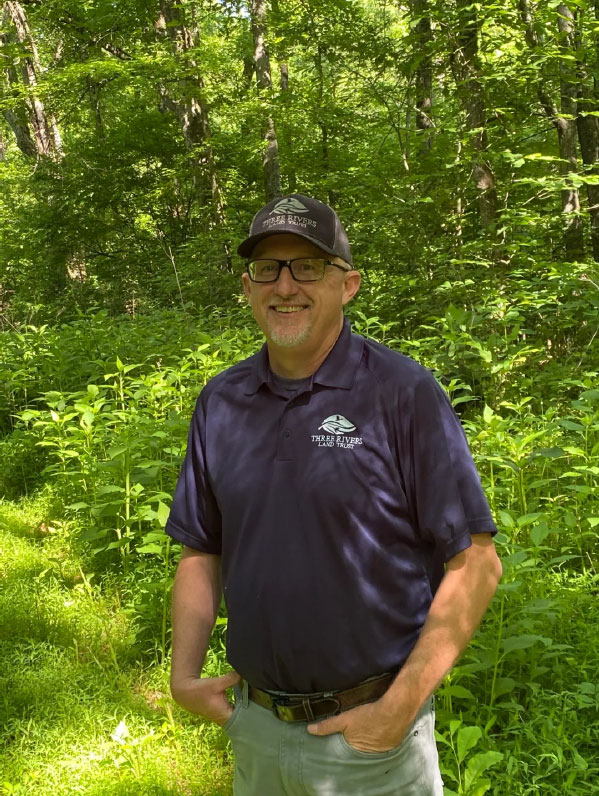

Buren Fulmer joined Three Rivers as the Sandhills Stewardship Associate in May 2024. Buren is a graduate of Western Carolina University with a Bachelor’s in Natural Resource Management and a concentration in forestry. Buren recently retired from the North Carolina Forest Service, working his entire career in the Sandhills region. Buren’s passion is the longleaf pine ecosystem, with a focus on restoration and prescribed burning. Buren enjoys hunting, fishing, and spending time with his family.
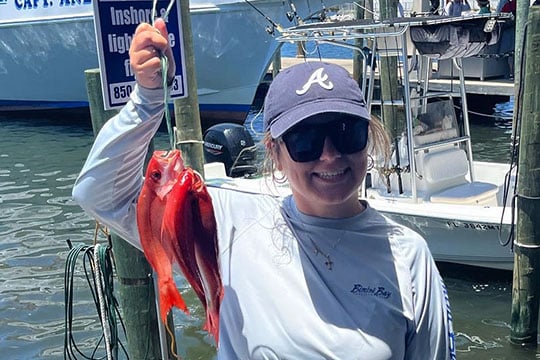

Nicole joined TRLT in October of 2024. She graduated from High Point University in 2024 with a Masters of Communications, Business, and Leadership and Bachelor of Arts in Communications in 2023. Nicole is passionate about storytelling, and utilizing social media as a tool for communicating the impactful work of the organization. As a Rowan County native, Nicole is passionate about the conservation of the natural lands she has grown up around. In her spare time, Nicole enjoys gardening, reading, and spending time with her family.




Nolan grew up in Western North Carolina. He worked part time as a fly fishing guide throughout college and graduated from NC State with a degree in Fisheries, Wildlife and Conservation Biology.
Previously, Nolan worked with the North Carolina Wildlife Resource Commission in the greater Triangle area. As an avid hunter and fisherman, Nolan has a deep passion for the land and the life it sustains. He holds a strong appreciation for North Carolina’s wild and diverse landscapes and is dedicated to conserving them for future generations.
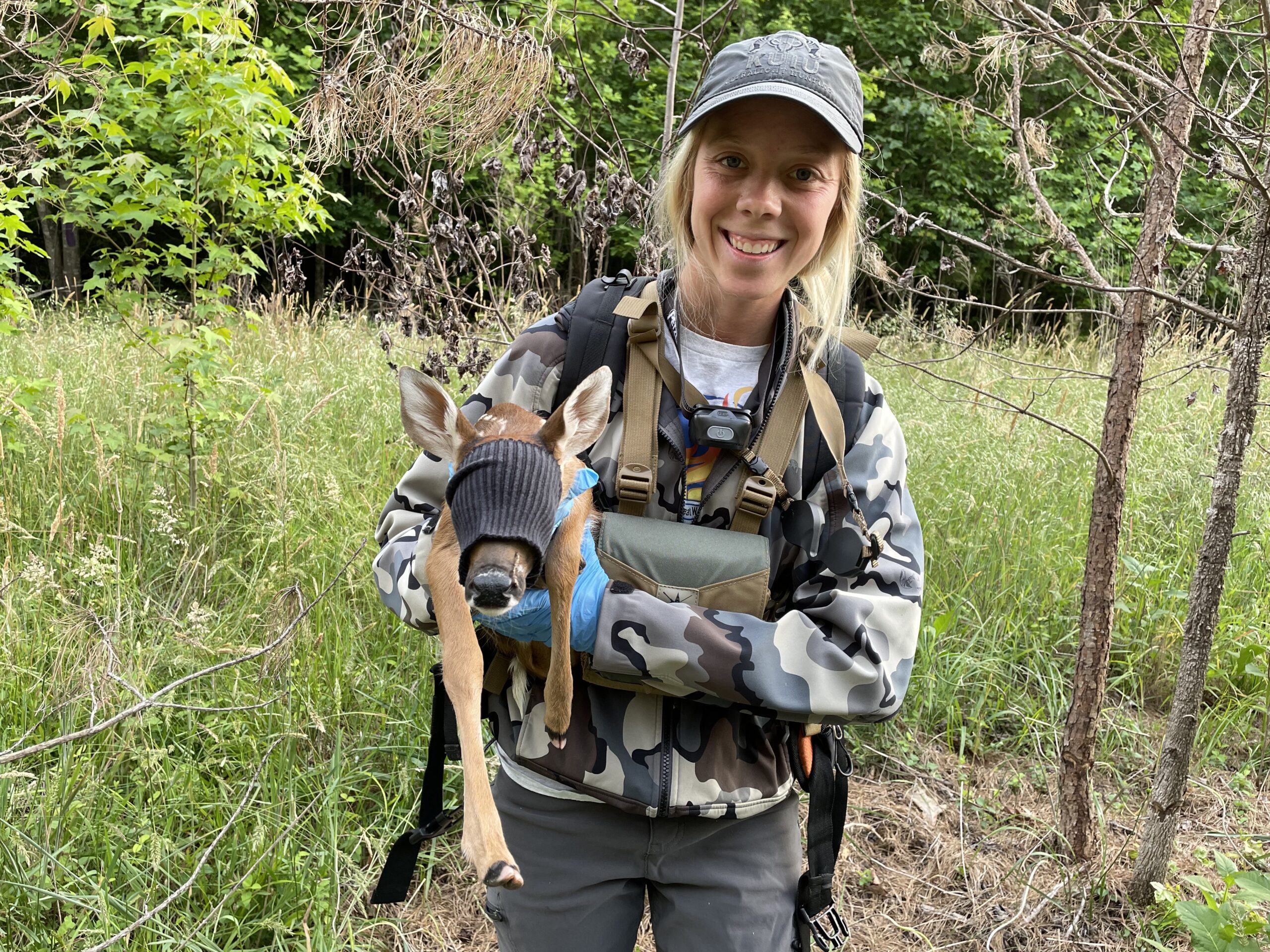

Abstract: Urbanization changes landscapes and the resources available to wildlife, often leading to changes in how individuals acquire food and cover and to reproduction and survival at the population level. We conducted a three-year telemetry study in North Carolina to examine how urbanization influences white-tailed deer movement, resource selection, survival, and causes of mortality including hunting. We will present results for adult male and female deer and for young fawns. Results of the study improve our understanding of deer populations in urban areas and can inform future management decisions as North Carolina continues to urbanize.
Bio: Mikiah Carver-McGinn is a Ph.D. candidate in the Fisheries, Wildlife, and Conservation Biology Program at North Carolina State University. Her research focuses on how urbanization affects white-tailed deer ecology, including their movement patterns, resource selection, and mortality risks across urban-rural gradients. She earned her B.S. in Geography and M.S. in Wildlife and Wildlands Conservation from Brigham Young University, where she studied the impact of feral horses on greater sage-grouse populations.
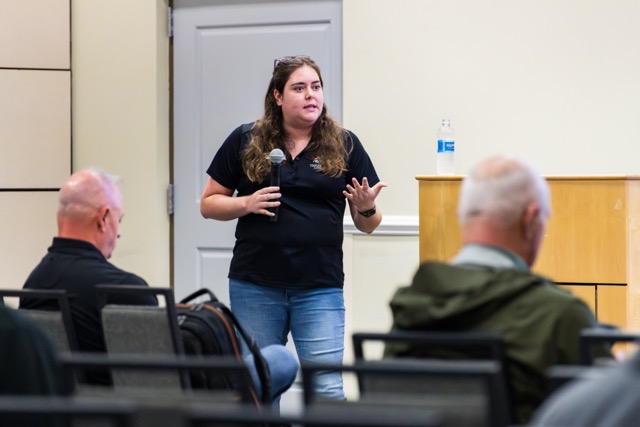

Abstract: Emily’s presentation will discuss the conservation options available to private landowners. Topics include donated conservation easements, purchased conservation easements, property acquisition, and conservation land donations. Conservation options for farm and forest land will be discussed in detail.
Bio: Emily began working for Three Rivers Land Trust in February 2021. She attended North Carolina State University where she graduated with a Bachelor of Science in Fisheries, Wildlife, and Conservation Biology in the spring of 2020. Emily graduated from Clemson University with a Masters degree in Wildlife and Fisheries Resource Management in December of 2023. She is also a Certified Associate Wildlife Biologist. Before coming to the Land Trust, she worked on wildlife management projects for private companies and managed the hunting program on a wildlife refuge. As a Montgomery County native, Emily is passionate about conserving the natural lands she has been able to enjoy in the region. In her spare time, Emily is an avid birder and also enjoys hiking, paddling, and baking.
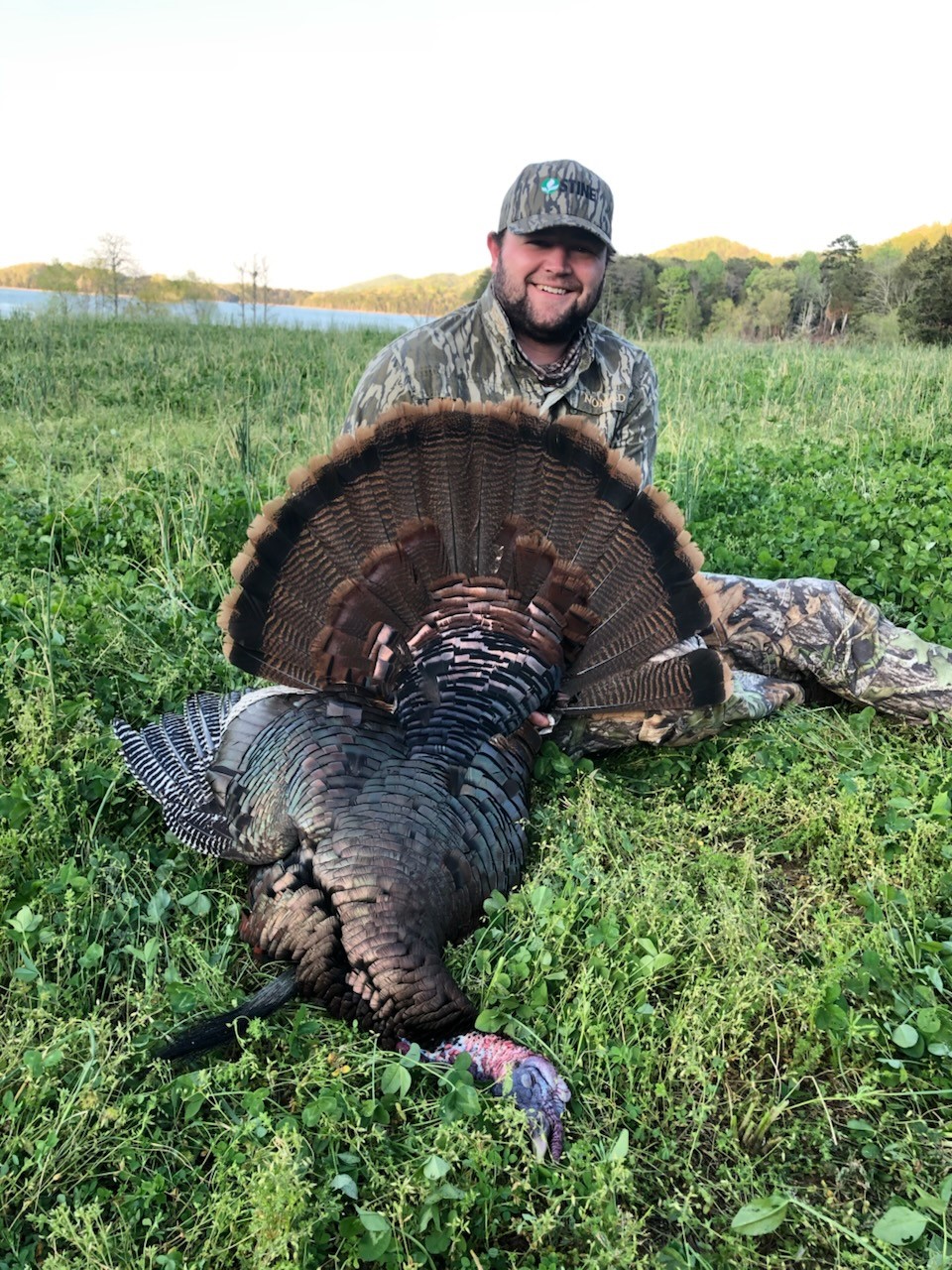

Abstract: Restoration of nonnative grasslands to native early successional plant communities has been a conservation focus throughout the United States for several decades. Restoration technique and subsequent management greatly influence the resulting plant community. Managers and landowners should consider both restoration technique and management practices available to them to closely meet their objectives.
Bio: Bonner Powell is a graduate of Mississippi State University and the University of Tennessee. He is currently a private lands biologist with Mississippi Department of Wildlife Fisheries and Parks in North MS and conducts around 100 private lands site visits annually.
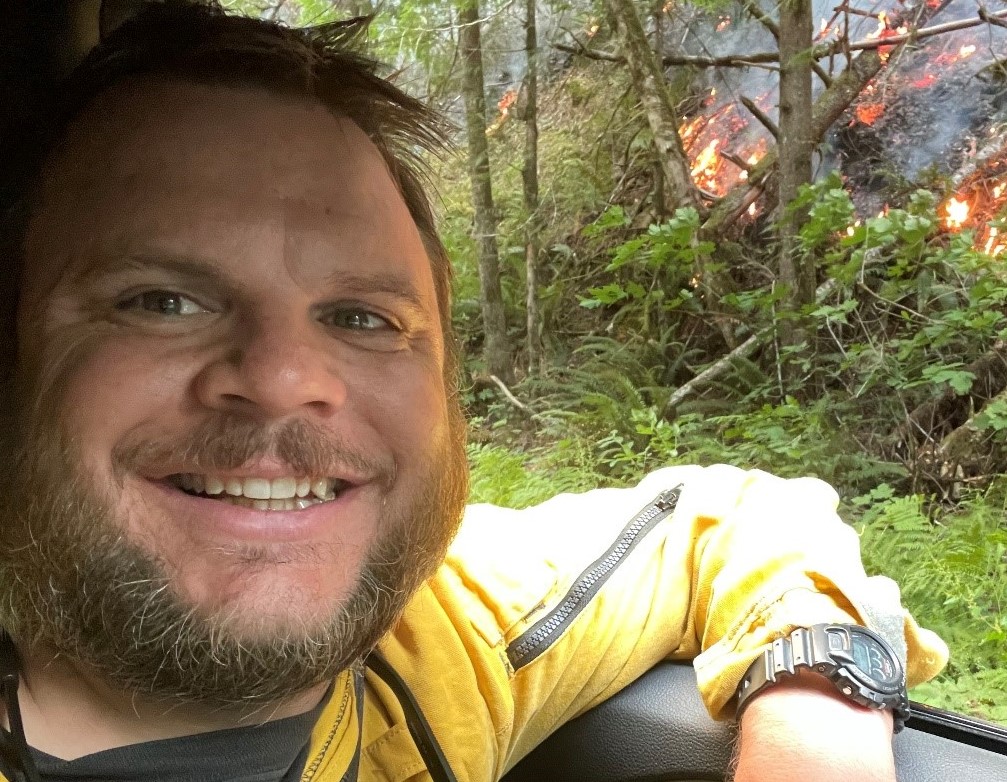

Abstract: Are you interested in prescribed fire management? In this 1-hour session we will look at fire weather intelligence products and smoke models to assist in opening more opportunities for prescribed burning. We will look at interpreting weather forecasts, burn plan parameters, and help with the decision process for a GO or NO-GO burn day on borderline days or when faced with smoke challenges.
Bio: Thomas Crate is the Fire Management Officer for North Carolina State Parks. Thomas is responsible for overseeing the implementation and management of fires on state park lands. Thomas is a unit instructor for S-290 Intermediate Fire Behavior, S-390 Introduction to Wildland Fire Behavior Calculations, and a field instructor for the North Carolina Certified Burner Course. Thomas is a North Carolina State Certified Burner and is nationally qualified as a Type 2 Burn Boss. Thomas is a lifetime member of the North Carolina Prescribed Fire Council and former President.
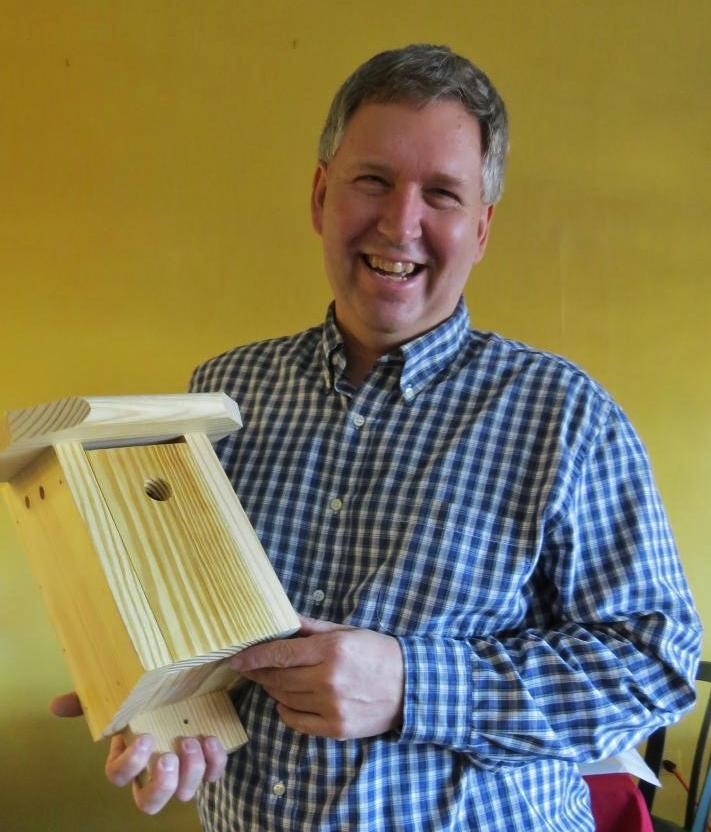

Abstract: Forest and land management can have significant impacts on birds and thinking about what to do, where to do it, and how much of it is needed is a step toward optimizing bird usage on your land, in your neighborhood, and region. We will discuss some of the tenants of songbird management, for a full suite of birds that need our help.
Bio: Curtis is a 1985 magna cum laude graduate of Appalachian State University with a Bachelor of Arts in Biology and in 1996 received a Master of Arts in Appalachian Studies A life-long bird watcher, Curtis began watching birds with his grandfather, who was very interested in Purple Martins. With Audubon NC for more than 23 years, his current position is Vice President and Executive Director. He is a member of several conservation committees including the International Golden-winged Warbler working group (including working on this species and others on their wintering grounds in Nicaragua), chair of the NC State Scientific Council Bird Committee, and a member of the steering committee for the Bird Atlas effort in NC. He has been involved in wind and bird interactions for two decades, including service on NC’s first wind working group and helping draft legislation and model local ordinances regarding wind energy in NC. He is a contributing author or editor for several books, publications, and peer reviewed papers. He resides in Garner, NC with his wife of 42 years, Mary, and has three children and five grandchildren.
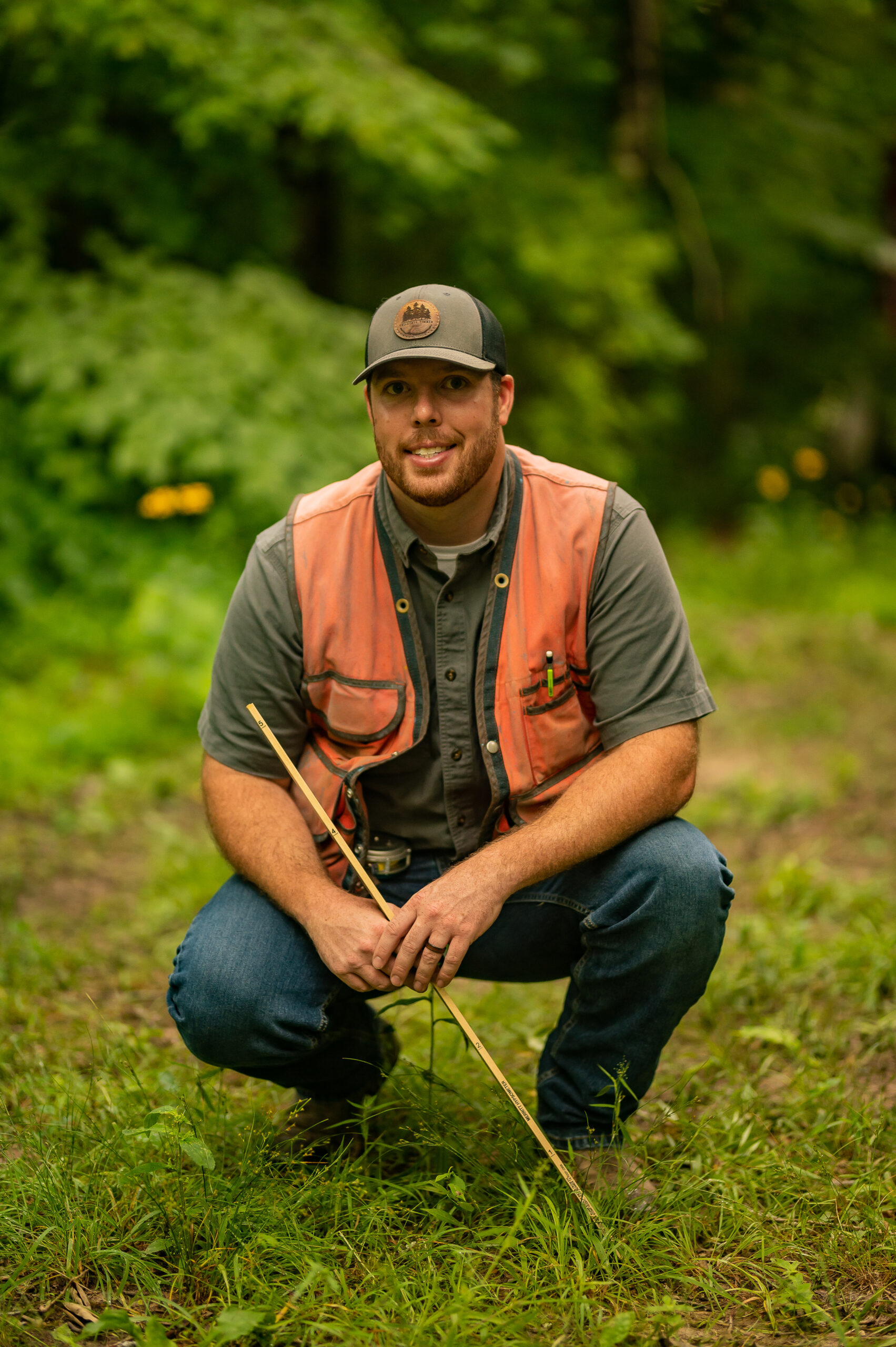

Abstract: Over 60% of North Carolina’s land base is comprised of forestland which accounts for more than 18.7 million forested acres (83% private, 17% public). Decisions made when managing (or not managing) forests directly influence habitat quality for wildlife species. Traditional silviculture practices offer notable benefits to many wildlife species, but those benefits are often short-lived and generally result in moderate increases in habitat quality for wildlife species associated with forest disturbance. The most popular game species in North Carolina are white-tailed deer followed by wild turkey and small game species such as rabbits and quail. These species collectively benefit from forest disturbance and require the resulting vegetative characteristics to meet a portion of or all their habitat requirements. Strategic timber harvesting strategies and intermediate forest management practices can be used to integrate silviculture and habitat management on private and public forestlands across North Carolina. I will discuss practical options in hardwood systems and pine systems that will hopefully stimulate ideas for implementation on properties you manage where landowner objectives require considerations for both silviculture and habitat management.
Bio: Jordan grew up in Rutherford County, NC and now serves as Director of Field Operations for Compass South Forestry, LLC. He has worked in several capacities as a wildlife biologist and forester since 2013 helping to manage private forestlands, along with state and federal lands, in the Carolinas and across the Southeast. He received his A.A.S in Fish and Wildlife Management from Haywood Community College then a B.S. in Fisheries, Wildlife, and Conservation Biology from NC State University. After graduating from NC State University, Jordan earned his master’s degree from the University of Tennessee, where he studied the influences of forest management practices on habitat quality for various wildlife species. He is a NC Registered Forester, Certified Forester® with SAF, and a Certified Wildlife Biologist® with TWS.


Abstract: Kessinger’s discussion will focus on current pine markets of the Carolinas including pine fiber. There will be a specific focus on current trends, predicted trends, and emerging markets across the South.
Bio: With 28 years in Timberland Investment Management Organizations (TIMOs), Jeremy Kessinger combines land management expertise with business acumen to optimize operations and profitability. At ResourceWise, he supports customers through service, training, and helping identify additional solutions, while actively contributing to product development as the voice of the customer. Previously, Kessinger served as Regional and Area Manager at Greenwood Resources, leading teams across seven states and driving income growth, land sales, and long-term planning. He also held roles with Hancock Forest Management and Resource Management Service. Kessinger holds a B.S. in Forestry and Wildlife Management from Virginia Tech and is a registered forester in SC, NC, and AL.
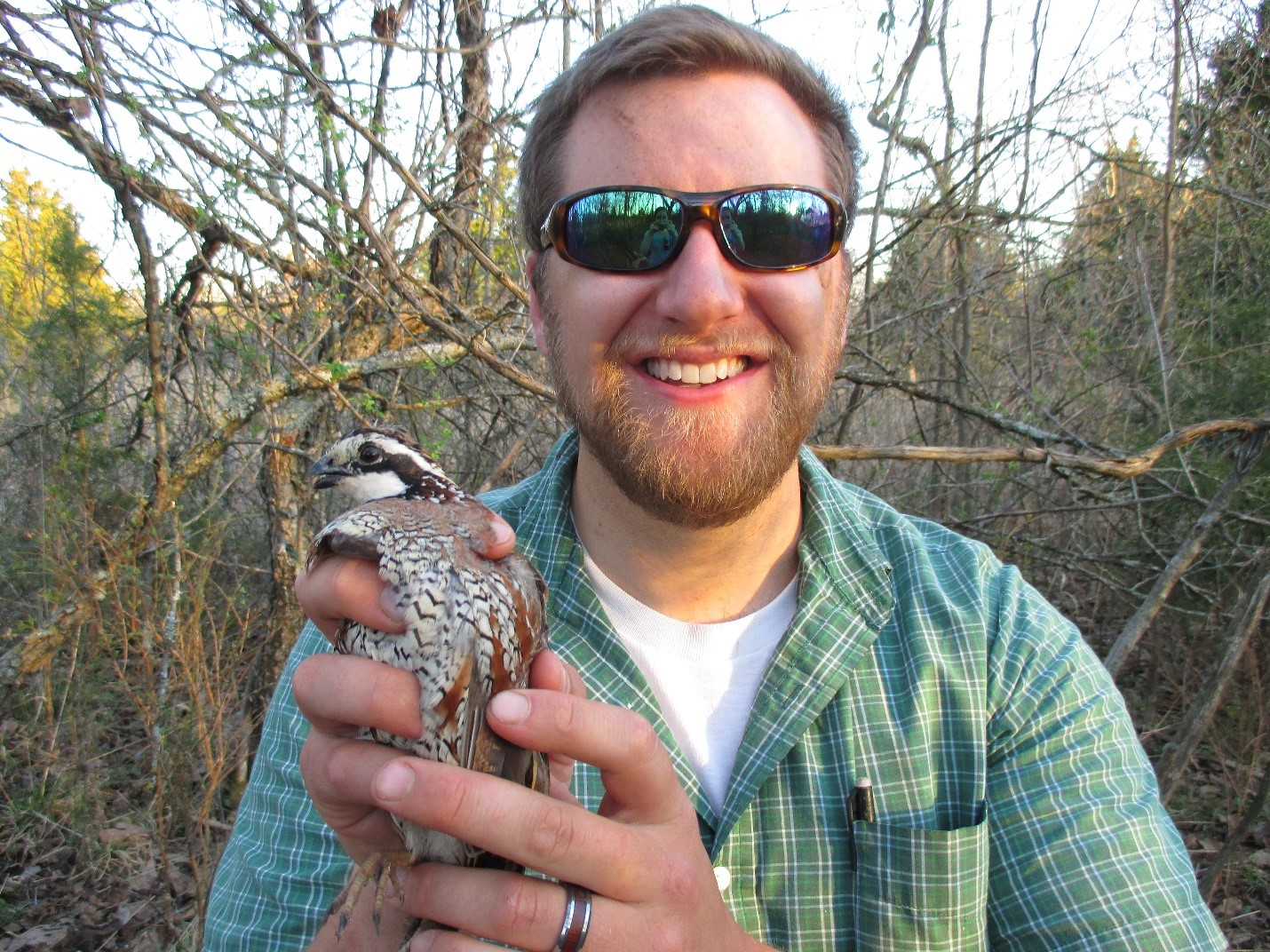

Abstract: The Northern Bobwhite is one of the most intensively studied bird species in the world. Despite a wealth of knowledge on the practices and habitat qualities that quail need to sustain and/or increase populations, one of the greatest barriers to successful conservation efforts is a faulty perception of hunters, landowners and land managers of what encompasses quality habitat. Preserve hunts, magazine photos, educational fliers, personal experience, and human nature have often negatively influenced how we how we view and judge habitat. The commonly referred to “Rule of Thirds” offers an excellent starting point in restoring a comprehensive vision of what truly constitutes good habitat. In this presentation we will dive into the nuances of cover types, individual species, and balance that is required in quail habitat management.
Bio: Jake McClain is the South Carolina State Coordinator with Quail Forever where he supervises a talented team of biologists and technicians. He graduated from the College of William and Mary with a B.S. in Biology in 2014. In 2016 he earned his M.S. from the University of Arkansas where he studied the spatial ecology and density of nest predators on public lands in SW Missouri. In 2022, McClain co-founded the first PBA (Piedmont Prescribed Fire Cooperative) in South Carolina. He lives in the Upstate of SC with his wife and two children.
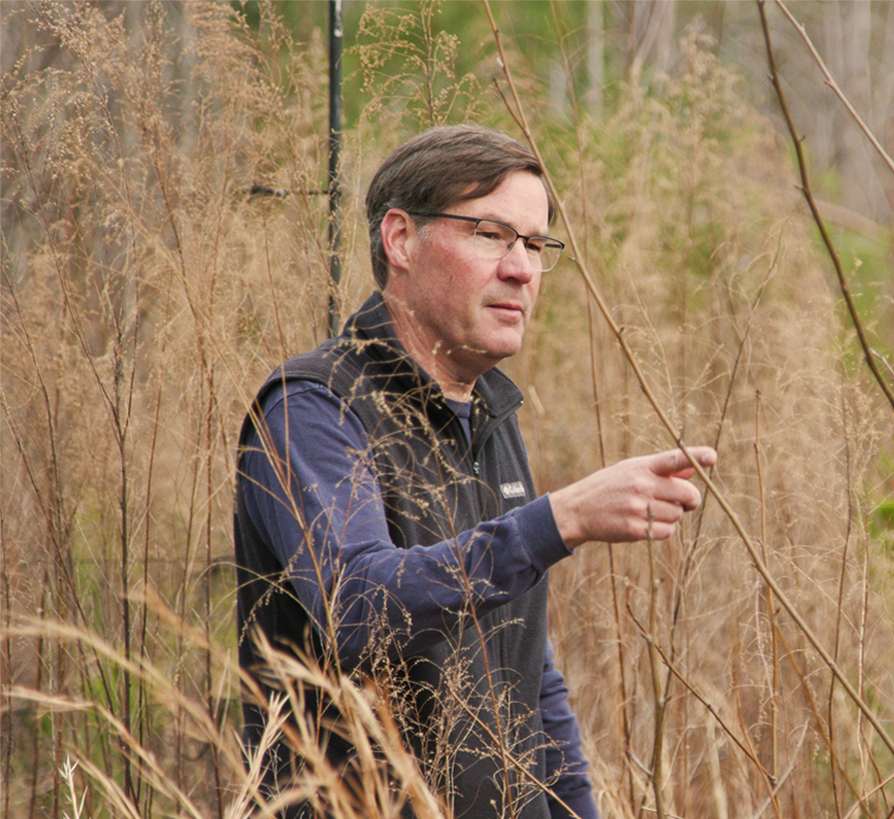

Abstract: Moorman will explain the ecological role of fire in creating and maintaining habitat for a variety of game and non-game wildlife. The presentation will emphasize the importance of defining focal wildlife species when considering fire effects, as there always are winners and losers with any management action, or lack thereof. In other words, individual species respond uniquely to fire effects. Wildlife species indirectly respond to the changes in vegetation structure and composition created by fire(s), and less commonly directly to the fire itself. So, wildlife managers must primarily be vegetation managers. Therefore, Moorman will describe how fire severity, season, and frequency drive changes to vegetation and hence determine indirect effects on wildlife. The presentation will weave a story of fire effects based on a series of published studies from the Sandhills and Southern Appalachians of North Carolina to the Sierra Nevada mountains in California.
Bio: Moorman is a Professor of Wildlife Ecology and Associate Head of the Department of Forestry and Environmental Resources. His research is focused on understanding the effects of global change, especially land use change, on wildlife. The research typically is applied and often employs large-scale, replicated environmental manipulations. More specifically, he focuses on forest wildlife management with emphasis on fire ecology, conservation of wildlife in agricultural landscapes, avian ecology and conservation in temperate and tropical regions, and urban wildlife ecology and management. Recent research projects include study of bird and vegetation response to sea-level rise and associated salinization, community restoration fire effects on wildlife, and effects of weather and future climate on eastern wild turkey reproduction. He was the lead editor for the book Renewable Energy and Wildlife Conservation, published in 2019. Moorman teaches courses focused on wildlife-habitat relationships, including a study abroad focused on tropical wildlife ecology in Ecuador.
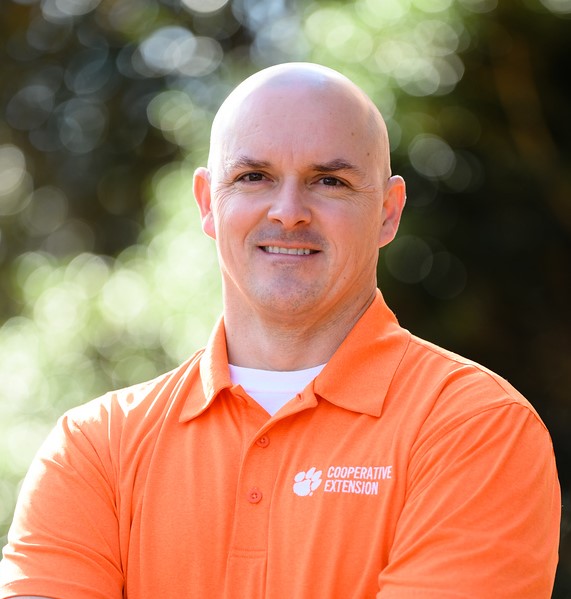

Abstract: Land stewards throughout the southeastern U.S. frequently encounter multiple invasive plant species in their quest to manage natural and managed areas. With management goals ranging from increasing productivity to improving wildlife habitat to enhancing biodiversity, multiple approaches are necessary to achieve desired goals. While the use of herbicide is a known successful tactic for invasive plant management, the use of prescribed fire is less known in terms of its overall impacts and efficacy. This talk will highlight several of the more prominent invasive plants in the Southeast and outline management tactics that do and do not work for their control. In many cases, an integrated approach is the most effective, and these strategies will be discussed in the context of invasive plant management.
Bio: Dr. David Coyle is an Associate Professor in the Department of Forestry and Environmental Conservation at Clemson University. His extension and research program focuses on forest and tree health and invasive species management in natural and managed landscapes across the Southeast, and he creates educational materials for professionals and non-professionals on everything from invasive plants to native and invasive arthropods. Dave is Past-President of the North American Invasive Species Management Association and has won national awards from the North American Invasive Species Management Association, Society of American Foresters, Forest Landowner Association, and Entomological Society of America. He grew up on a farm in southeastern Minnesota and completed his B.A. in Biology at Luther College, M.S. in Entomology and Forestry at Iowa State University, and PhD in Entomology at the University of Wisconsin.
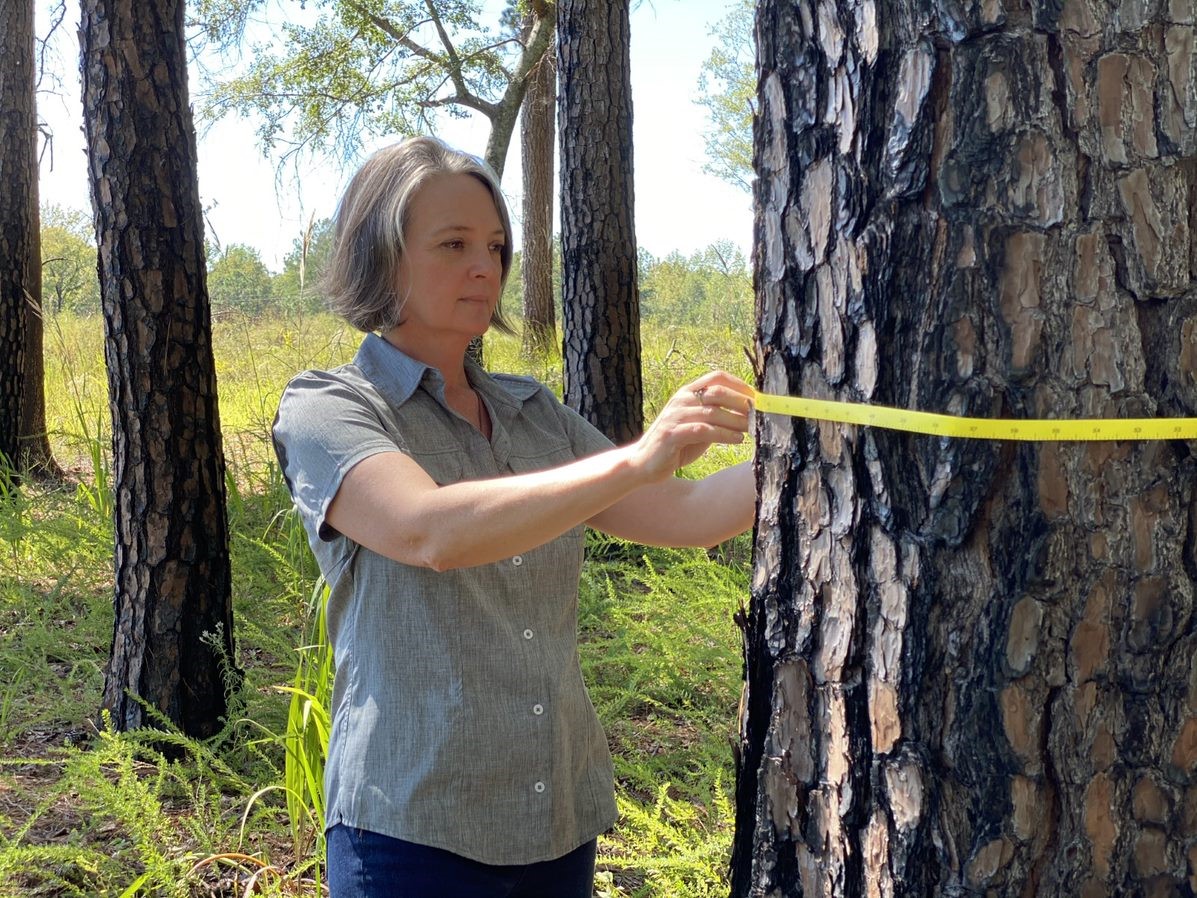

Abstract: Across the central and eastern U.S., historically fire-adapted oak savannas and woodlands are shifting to dense, multi-layered, closed-canopy forests of shade-tolerant, fire-sensitive, and/or opportunistic tree species. One possible explanation for this shift is mesophication, a multi-phased process by which fire exclusion encourages the densification of stands by encroaching tree species (i.e., mesophytes), whose traits then create shadier, cooler, and wetter understory conditions and a leaf litter fuel bed that dampens fire, allowing mesophytes to self-perpetuate while hindering regeneration of pyrophytic tree species. Our research identifies mechanisms of mesophication and consequences for restoring and conserving upland oak landscapes.
Bio: : Dr. Heather D. Alexander is an associate professor of forest and fire ecology and the Dwain G. Luce Endowed Professor of Forestry in the College of Forestry, Wildlife, and Environment at Auburn University, where she teaches classes in forest ecology and forest fire management. Her research program at Auburn focuses on understanding forest ecosystem vulnerability in the face of changing fire disturbance regimes using observations across natural gradients and field-based experimental manipulations. She has studied fire effects on the composition, structure, and function of oak, mixedwood, and pine forests of the eastern U.S. for 20 years and has a strong interest in understanding the implications of mesophication for carbon dynamics and forest flammability.
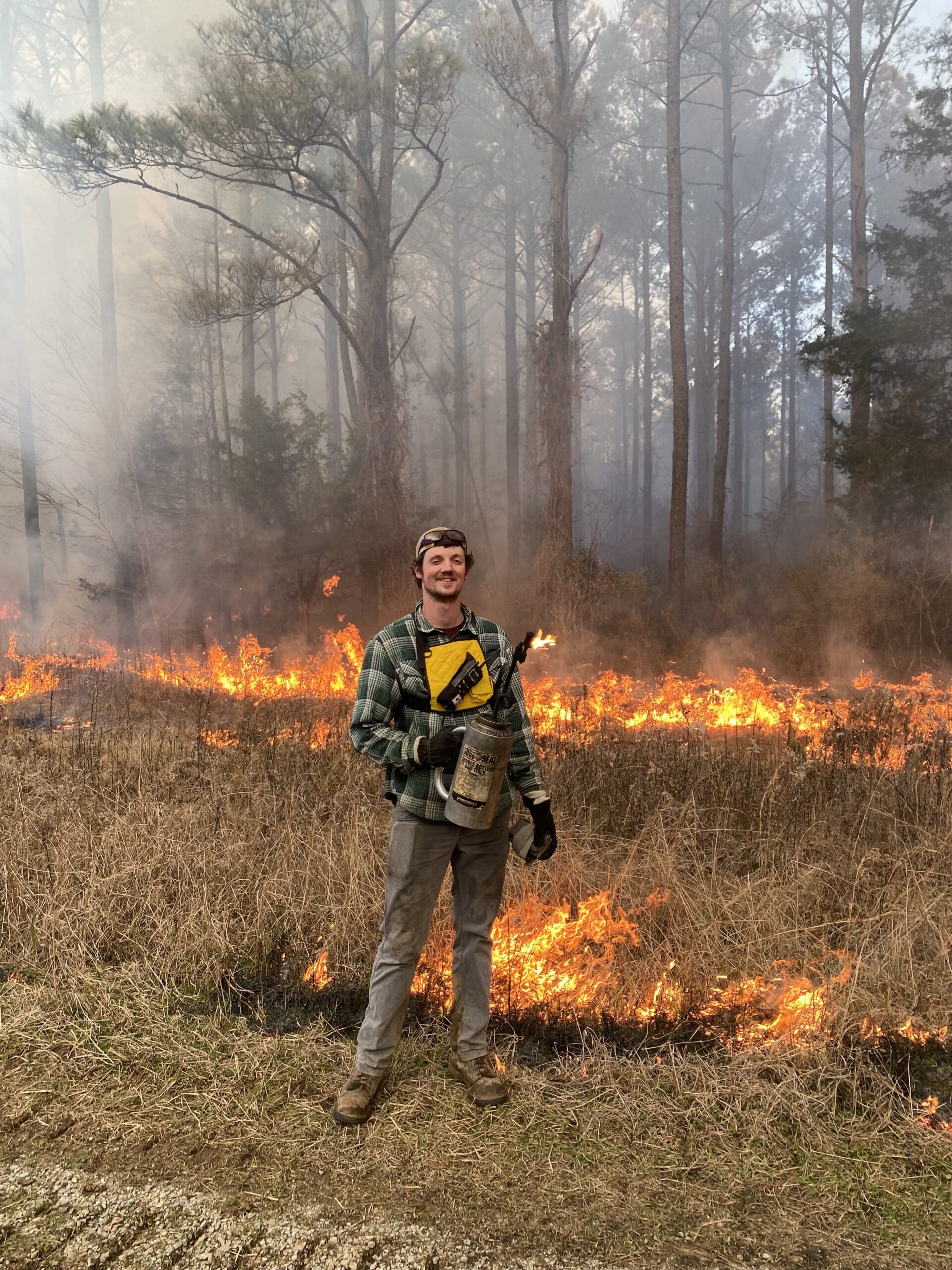

Abstract: Prescribed fire is a valuable tool for deer habitat management, but the benefits of fire are diminished when fire is restricted to a single season. Dormant-season fire tends to promote re-sprouting perennials, such as trees, shrubs, brambles, and perennial forbs. Growing-season fire tends to promote greater coverage of herbaceous species, and depending on timing within the growing season, may be used to reduce coverage of woody plants. The structure and composition of plant communities influences all aspects of deer life-history, and prescribed fire, when implemented carefully, can be used to fine-tune plant communities to meet deer habitat management objectives.
Bio: Luke grew up in southcentral Pennsylvania where he developed an admiration for the outdoors. He received his BS from Virginia Tech in Wildlife Conservation and his MS from Mississippi State University studying the impacts of fire on plant communities with a focus on deer habitat. Luke is currently working on his PhD in food plot and old-field management at Mississippi State.
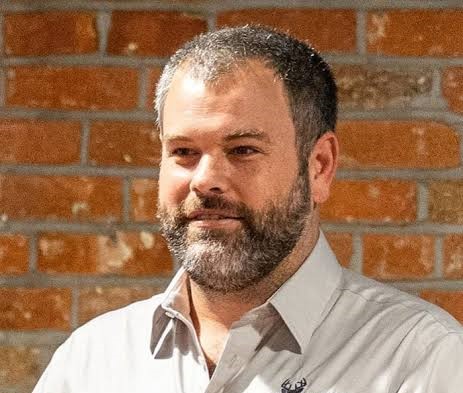

Bio: Marcus is an Assistant Professor of Wildlife Ecology and Conservation at the University of Florida. He received a B.S. in Forestry with Wildlife Management emphasis from Mississippi State University; an M.S. in Wildlife and Fisheries from University of Tennessee; and a Ph.D. in Fisheries, Wildlife, and Conservation Biology from North Carolina State University. Marcus is interested in disturbance ecology and how plant community structure influences interactions between competitors and predator-prey dynamics.
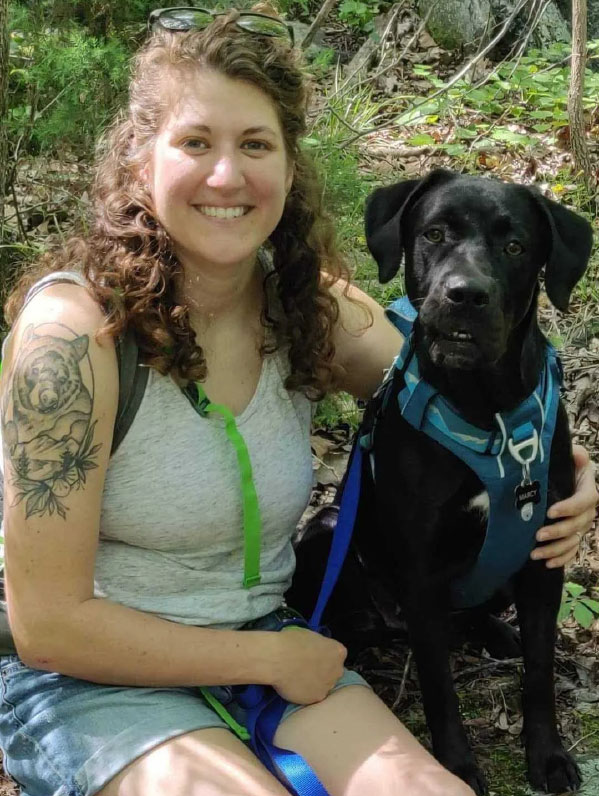

Alexis joined TRLT in March of 2024. She graduated from Appalachian State University with a Bachelor of Science in Biology, Ecology, and Environmental Biology. She comes to us with several years’ experience working with native wildlife as a zookeeper as well as nonprofit fundraising.
Alexis grew up in Stanly County exploring the woods and creek by her home. She has a lifelong passion for the conservation of wildlife and their natural habitats. She enjoys being involved in her community and connecting with local businesses who foster the same desire to conserve our rural landscapes. Alexis enjoys camping, hiking, kayaking, and growing her own food and flowers in her garden with her young daughter.